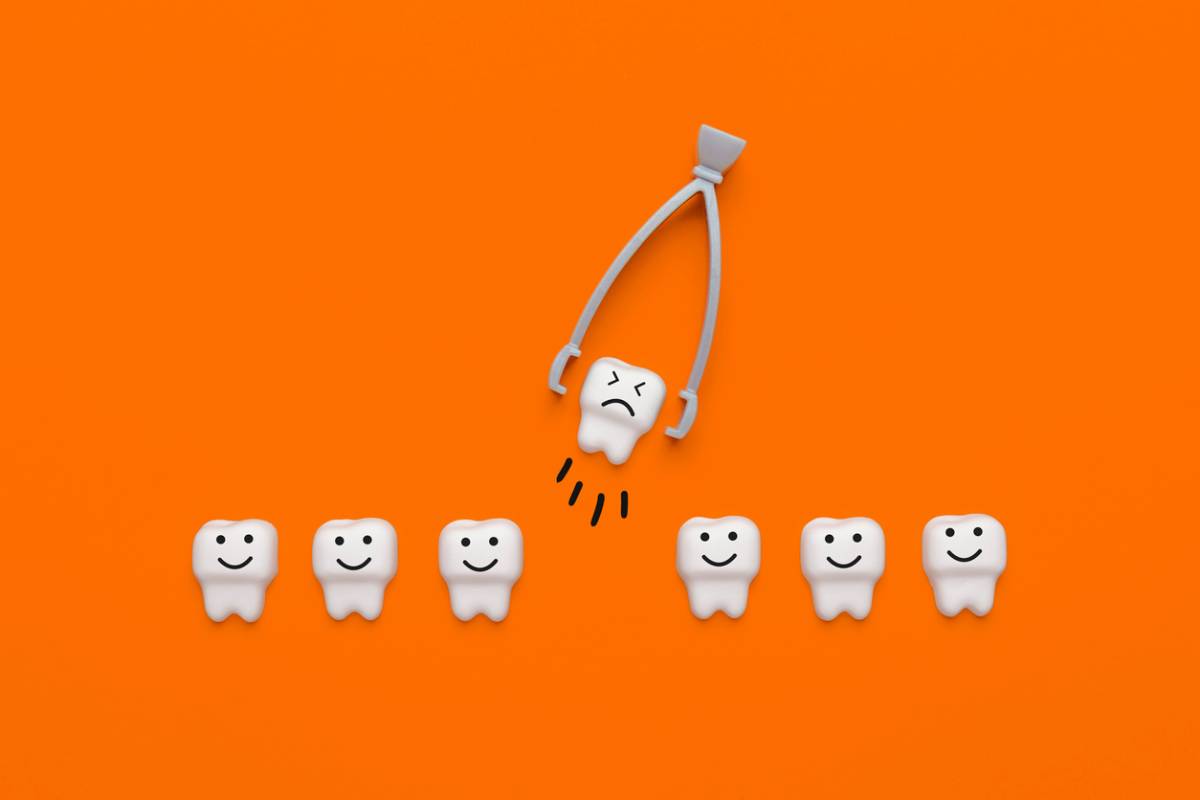It is important to see a dentist immediately if you are dealing with broken, loosened, or infected teeth. You may be able to save your damaged tooth depending on how severe your condition is. If decay or infection has already spread to the tooth, then extraction may be your only option. Our dentist in Livermore often hears people ask: “Does tooth extraction hurt?”
This is one of the most dreaded dental procedures due to the fear that it will hurt greatly. Just know that your dentist may recommend that you have your tooth pulled only if all other options have failed. Below, we will discuss how the treatment works and how to avoid excessive levels of pain.
About Tooth Extractions
Tooth extractions require the removal of your tooth after excessive damage has been done. During the entire procedure, you should not feel any discomfort or pain. The dentist will use different tools to extract your tooth in the most comfortable way. The tooth will first be “deadened”, meaning that it will be removed from its roots and nerves. Afterward, you won’t feel a thing as the tooth is removed from its socket. This is the only way to eliminate the infection completely and remove it from your mouth.
Does Tooth Extraction Hurt?
Everyone has different levels of sensitivity, so some people may feel more pain than others. Your trusted dentist will provide different types of anesthesia depending on your needs. This can help you feel comfortable throughout the procedure.
- Local anesthesia, which is the simplest form of anesthesia, numbs only the area that is being treated. Although you might not feel tired or unconscious, local anesthesia is the lightest form of anesthesia. It numbs the area around your tooth that is being removed.
- Sedation anesthesia provides a bit more relaxation and numbness throughout your entire body. The most common type of sedation dentistry is the use of Nitrous Oxide. This is what many people refer to as “laughing gas”. You will feel somewhat drowsy or numb but still be conscious.
- Total anesthesia, also known as general anesthesia, is a form of total anesthesia. It is usually only available in extremely rare situations. This is the same anesthesia that is used in surgical procedures. You will remain unconscious until the entire procedure is completed.
You may feel some pain after the anesthesia wears off following the completion of the procedure. Your dentist can help you manage pain during recovery by prescribing painkillers or over-the-counter pain medication.
How Long Does Recovery Take?
It will usually take between 24 to 72 hours for tenderness and pain to go away. Although you may feel discomfort the first few days after your tooth extraction, you will notice significant improvement once you have completed treatment.
If your pain persists for more than a few days, contact your dentist immediately. A “dry socket” is a condition where the blood doesn’t properly clot in a socket after an extraction. If you feel something is not right during recovery, contact your dentist.
Learn more about Tooth Extractions in Livermore
An internal infection is a condition that causes a persistent toothache. You may be able to save your tooth if it is caught in time. Sometimes, however, it is impossible to save your tooth. In these cases, the root canal must be performed to prevent further decay. You may need to sign up for professional tooth extraction in Livermore if the pain or infection is too large to deal with.
Extracted teeth can be replaced by implants, crowns, and dentures. Contact us today to learn more about what treatment works best for your health and well-being. We look forward to treating your smile ASAP!

